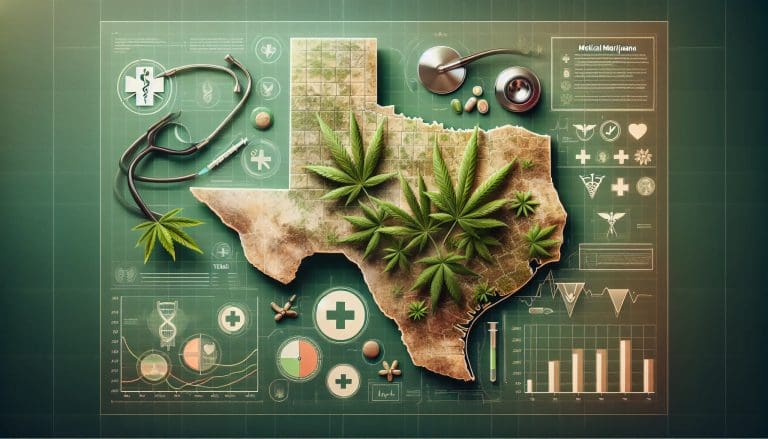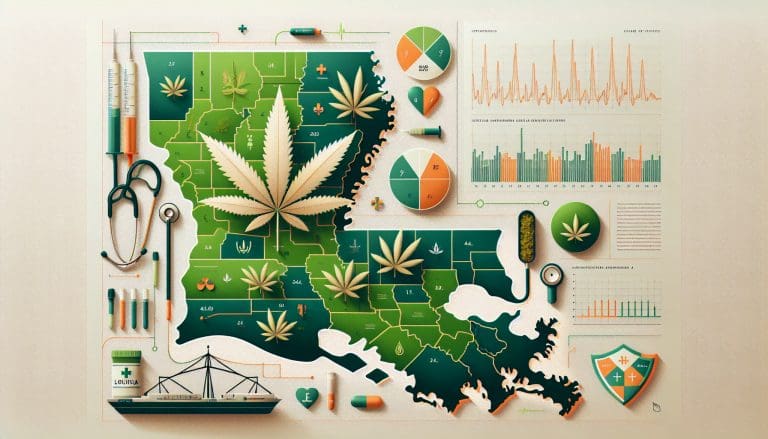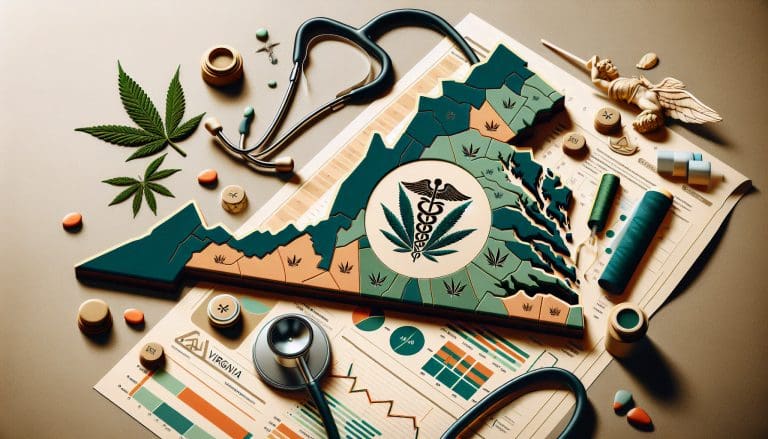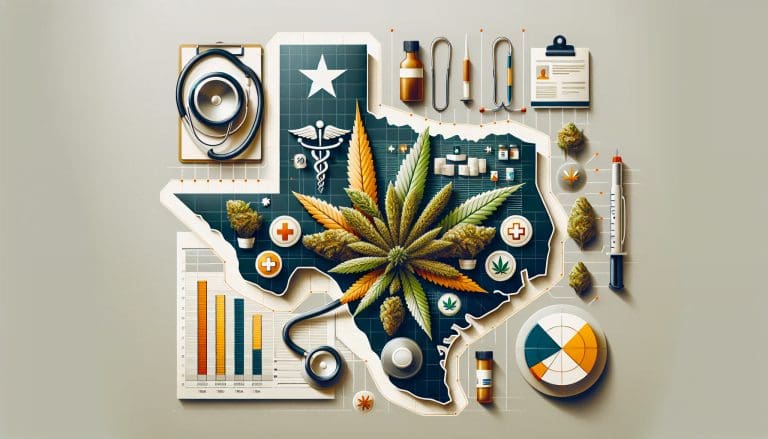Interpreting the Enigma: Understanding Weed-Induced Hangovers
Dispelling clouded mythologies, we find that “weed hangover” may not robe itself in the traditional hangover image. It’s a kink in the grand tapestry of cannabis experiences, with a footprint that’s far less dramatic than its alcohol-induced counterpart. Primarily, the sensation of being hungover from weed aligns more with a state of lingering cognitive fog and physical heaviness, sometimes accompanied by a weed headache. While not everyone experiences these, for those who do, it can be a challenging start to the day.
H3>The Veracity of Hangovers from Weed: A Closer Look
One might wonder: are weed hangovers real, or are they simply a tall tale spun amongst a puff of smoke? The truth is, much like how cannabis affects individuals differently, the experience of a weed hangover also varies from person to person. While some can puff away without concern, others may experience lingering effects the next morning, including a type of weed headache. It’s important to note that these effects are typically far more gentle than their alcohol-induced counterparts, often easily remedied with hydration and rest.
Delineating the Symptoms: What a Weed-Induced Hangover Feels Like
While there might not be a universally agreed-upon definition of a “weed hangover”— largely due to the fact that research on cannabis is still relatively nascent, several anecdotal reports point to a constellation of symptoms. Some of the common manifestations include:
- Fogginess or a feeling of mental haze
- A mild weed headache
- Reduced motor skills and coordination
- Feeling lethargic or “burnt out”
- Dehydration or dry mouth
Such symptoms can be quite nebulous and are in part reliant on the amount of cannabis intake, tolerance of the user, the specific strain, and personal health factors.
Distinguishing the Culprit: Is it a Weed Hangover?
When you wake up with a heavy head and a slight disorientation, your first instinct might be to blame it on the strains of cannabis you consumed the night before. But before you lay the blame on your beloved green herb, consider a few other factors. Perhaps it’s the pizza you ate at midnight or the lack of water you drank—both common contributors to morning grogginess. Determining if it’s a marijuana hangover involves considering your overall well-being, dietary intake, and hydration levels apart from your cannabis consumption.
Avoiding the After-Effects: Preventing Weed Hangovers
Prevention is always better than cure, even when you’re talking about weed hangovers. There’s no fail-safe method to completely prevent a marijuana hangover, but some tactics can help tone it down. For starters, ensure you’re using a quality strain from a reputable provider. Hydration isn’t just crucial for warding off alcohol hangovers; it helps with thc hangovers, too. Therefore, keep that water intake consistent. Just like with alcohol, limiting your dose can make a significant difference – moderation is key.
Alleviating the Syndromes: Remedies for a Weed Hangover
Got caught in the haze and need to know how to get rid of a weed hangover? First things first: hydrate. Water can help clear out your system and alleviate symptoms like dry mouth and headaches. Consuming a balanced meal can also help your body recover. Furthermore, if you can squeeze it into your schedule, take a nap. Sleep is your body’s best friend when it comes to recovery from anything, including a weed hangover.
Bringing it All Together: Final Thoughts
This discussion brings us to the conclusion that yes, weed can potentially give you a hangover. However, the severity of a weed hangover is typically much less intense than that of an alcoholic one. Not every cannabis consumer experiences them, and its symptoms represent mild discomfort at best. If you’re wary about weed hangovers, remember moderation, hydration, and quality are your best friends. And should you find yourself in the haze of an unexpected weed hangover, there are simple remedies at hand.
In the world of medical research and personal experiences, questions about does weed help hangovers or does weed help with a hangover still abound. Some users swear by the efficacy of cannabis in kicking their booze-induced hangovers, while others claim that it only adds to their discomfort. Ultimately, the best judge is your body and its reaction to different substances. So, next time you’re debating will weed help a hangover, try experimenting in moderation until you find what works best for you.
To wrap up, the inquiry into the truth behind weed and hangovers continues to unravel, contributing fascinating insights to the cannabis narrative. For those interested in exploring the many therapeutic benefits of cannabis, a medical marijuana card can provide legalized access. MMJ offers both new patients and renewals in the USA a hassle-free pathway to obtaining these cards. Armed with your medical marijuana card, explore the world of cannabis with confidence, beat back hangovers, and enhance your quality of life.










